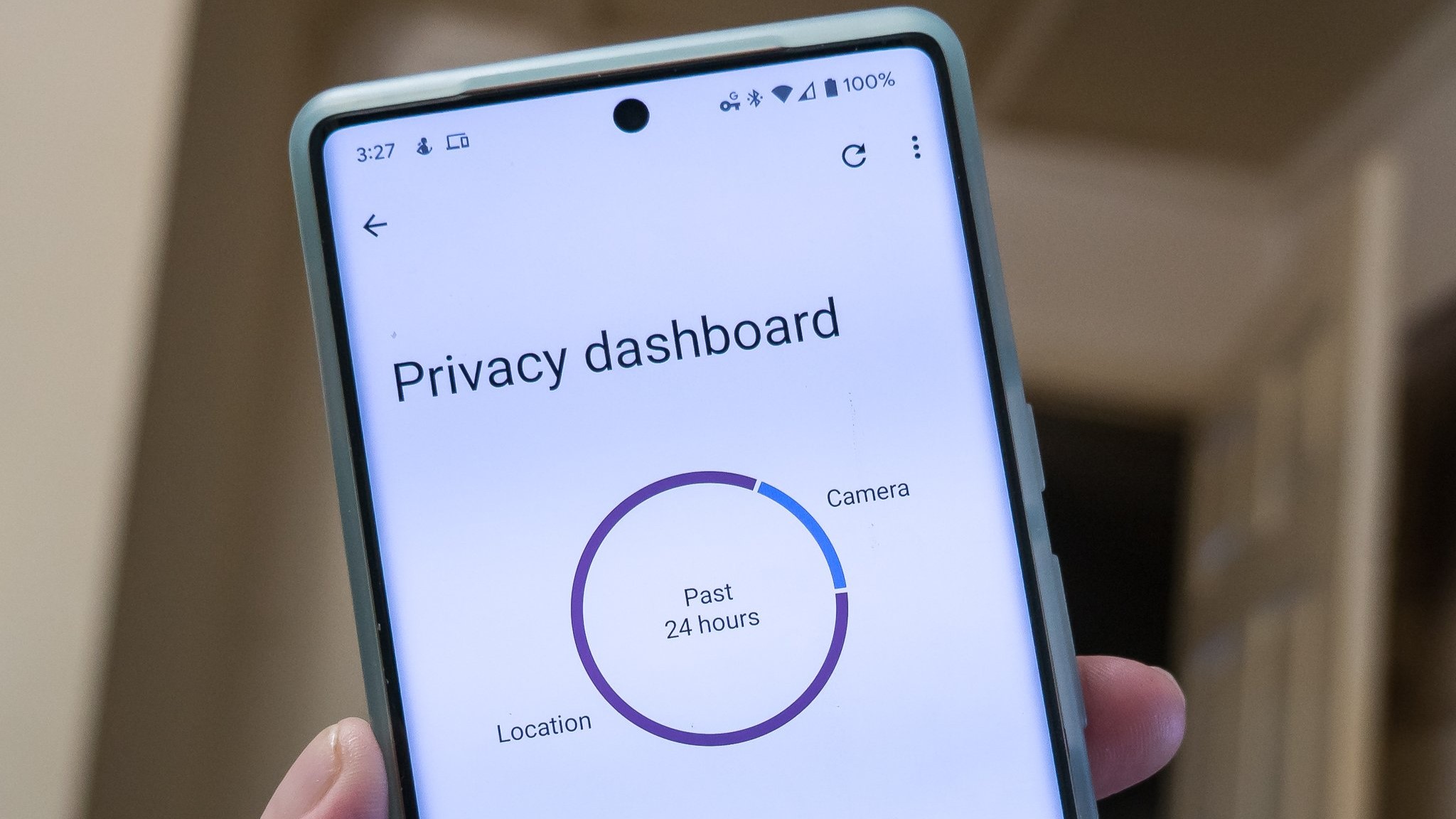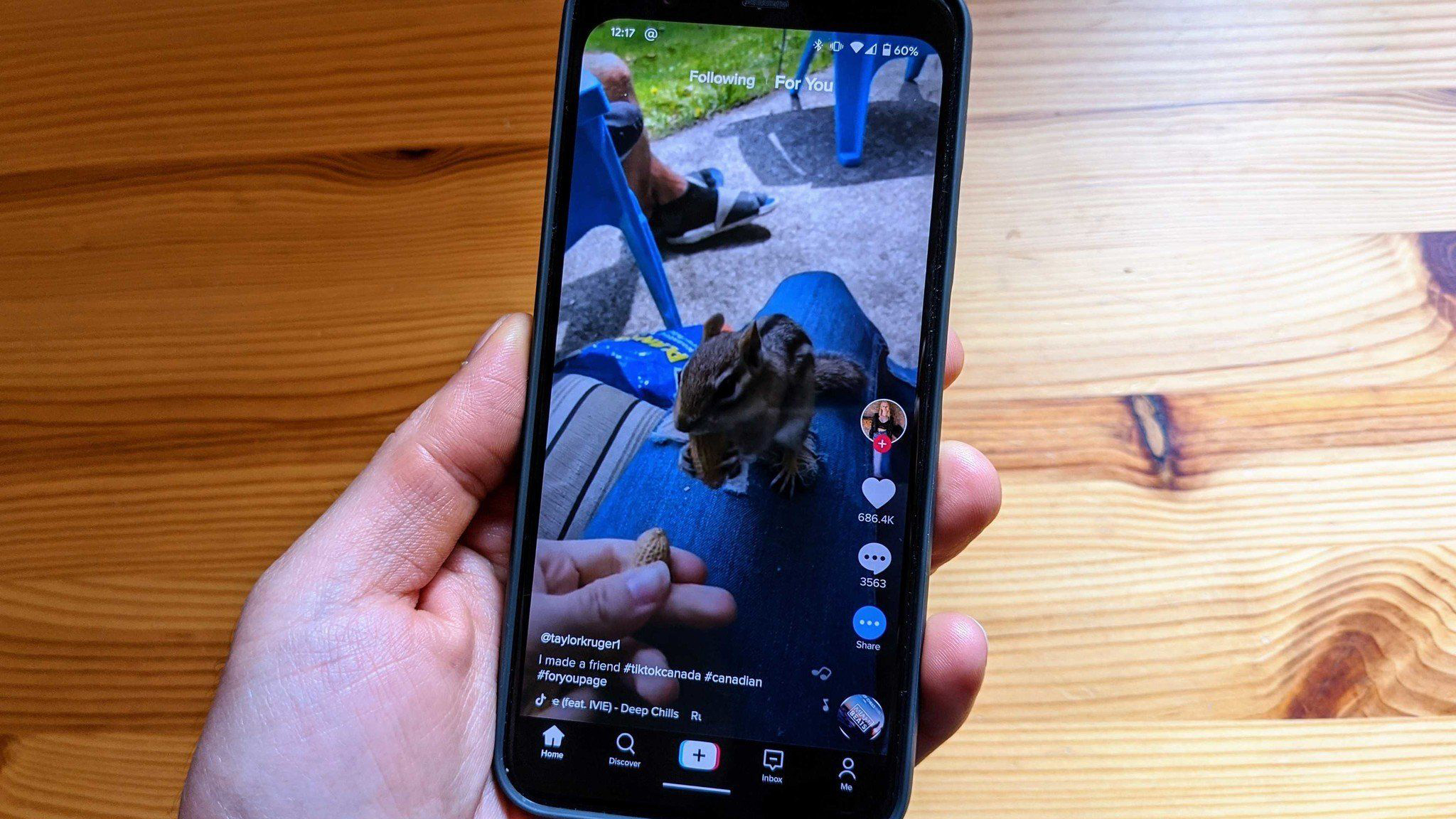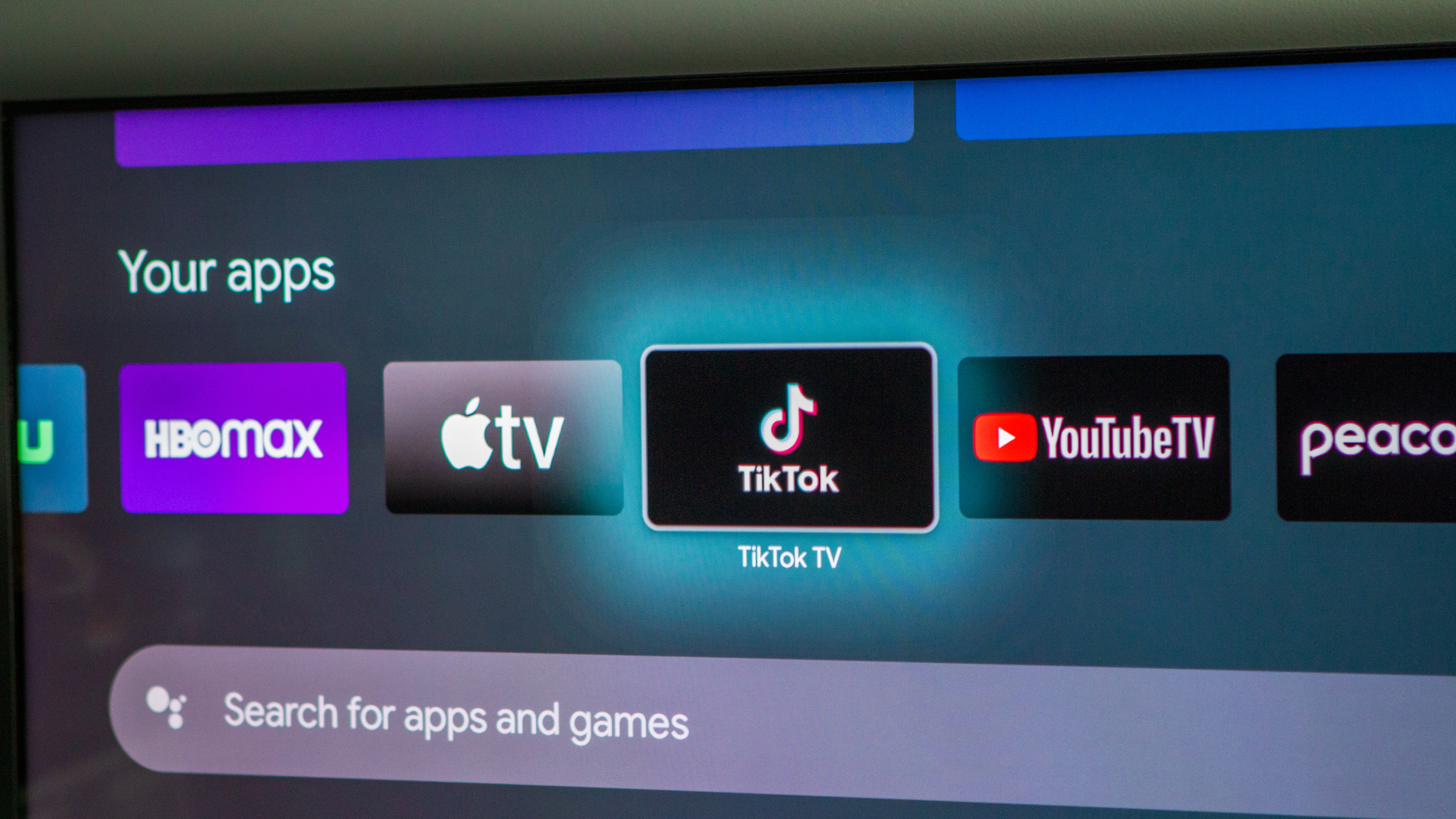Why US lawmakers want TikTok banned
Short videos are a matter of national security now.

TikTok, the wildly popular video-sharing app, has become a cultural phenomenon. But its future in the US is uncertain; lawmakers from both sides of the aisle are pushing for a ban, citing national security concerns and issues with content moderation and potential for abuse.
This isn't the first time TikTok has been under the microscope, but it is the first time a potential impact on consumers is likely to happen — this isn't one person signing a piece of paper, it's the entire U.S. Congress poised to oust the service.
You might not be able to install TikTok on your government-issued smartphone, but unless something happens to satisfy members of Congress, TikTok might be going away. Let's delve into the reasons behind this potential ban.
The "Data Security" argument

The central fear revolves around user data. ByteDance, a Chinese company, owns TikTok; unfortunately, that's the real problem. U.S. lawmakers worry that the Chinese government could pressure ByteDance to hand over user data, potentially including location information, browsing habits, and even private messages. This data, they fear, could be used for espionage or to influence American public opinion, particularly during elections.
The U.S. has a tense relationship with China, and concerns about intellectual property theft and Chinese government influence are well-documented. A 2017 Chinese law compels companies to "support, cooperate with and provide assistance" with national intelligence work. This fuels anxiety that user data on TikTok could be weaponized by the Chinese government.
These concerns ignore the elephant in the room: your government does the same thing. They all do. Chinese companies agree to this sort of law upfront, but in the West, companies agree to be compelled to hand the same data over later once an officer of the court tells them to do it.
If lawmakers are really that concerned, the ability of the U.S. government to weaponize user data should be addressed, too. Stronger data privacy laws and concerns should not be a regional or national issue.
Get the latest news from Android Central, your trusted companion in the world of Android
Preventing misinformation and saving the kids

Another concern is the potential for manipulating content on the platform. TikTok's powerful algorithm tailors content feeds to user preferences, creating echo chambers where users are exposed only to information that reinforces their existing beliefs. Lawmakers fear the Chinese government could exploit this by promoting propaganda or misinformation through seemingly innocuous videos. This could distort public perception and undermine democratic processes.
Beyond national security, some lawmakers worry about the app's impact on children's mental health. The endless scroll of short, often addictive videos can create feelings of inadequacy and anxiety. Additionally, the platform has been criticized for its prevalence of cyberbullying and exposure to inappropriate content.
These are valid points here that apply (or should apply) to Meta (FaceBook), Google, X (Twitter), and Amazon with the same gusto. The difference? Once again, China.
Two sides to every coin

TikTok vehemently denies all these allegations. It claims to store U.S. user data outside of China and that the Chinese government has no control over its algorithm. It also argues that a ban would stifle free speech and harm millions of American creators and businesses that rely on the platform for their livelihoods.
The company may be right. Storing user data elsewhere prevents it from being presented to China on demand, and taking away TikTok puts millions out of work. However, TikTok isn't doing itself any favors when it partners with a 100% state-owned Chinese semiconductor company while under congressional investigation in the U.S.
The debate over TikTok is complicated. There are genuine concerns about data security and potential manipulation, but a complete ban that prevents you from using TikTok on your phone might be an overly blunt instrument. Not all problems are nails and not all solutions are hammers.
Some possible solutions being discussed include:
- Forced divestiture: The US could pressure ByteDance to sell TikTok's U.S. operations to an American company, thereby severing the link to the Chinese government.
- Enhanced data security measures: Stricter regulations and independent audits could ensure user data remains safe within US borders.
- Content moderation: Working with TikTok to implement stricter content moderation policies could address concerns about harmful content and misinformation.
An uncertain future for TikTok

Whether a ban will materialize is yet to be seen. The House of Representatives recently passed a bill that could lead to a ban, but it still needs Senate approval and Presidential signature. Negotiations and potential compromises are likely before a final decision is reached.
The future of TikTok in the U.S. remains uncertain, but one thing is clear: the app has become a focal point in a larger discussion about national security, data privacy, and the influence of social media platforms in the digital age. These are discussions that need to be had, and whether you're in favor of a potential TikTok ban or opposed to it, you should agree that we need to talk about it.

Jerry is an amateur woodworker and struggling shade tree mechanic. There's nothing he can't take apart, but many things he can't reassemble. You'll find him writing and speaking his loud opinion on Android Central and occasionally on Threads.
You must confirm your public display name before commenting
Please logout and then login again, you will then be prompted to enter your display name.
